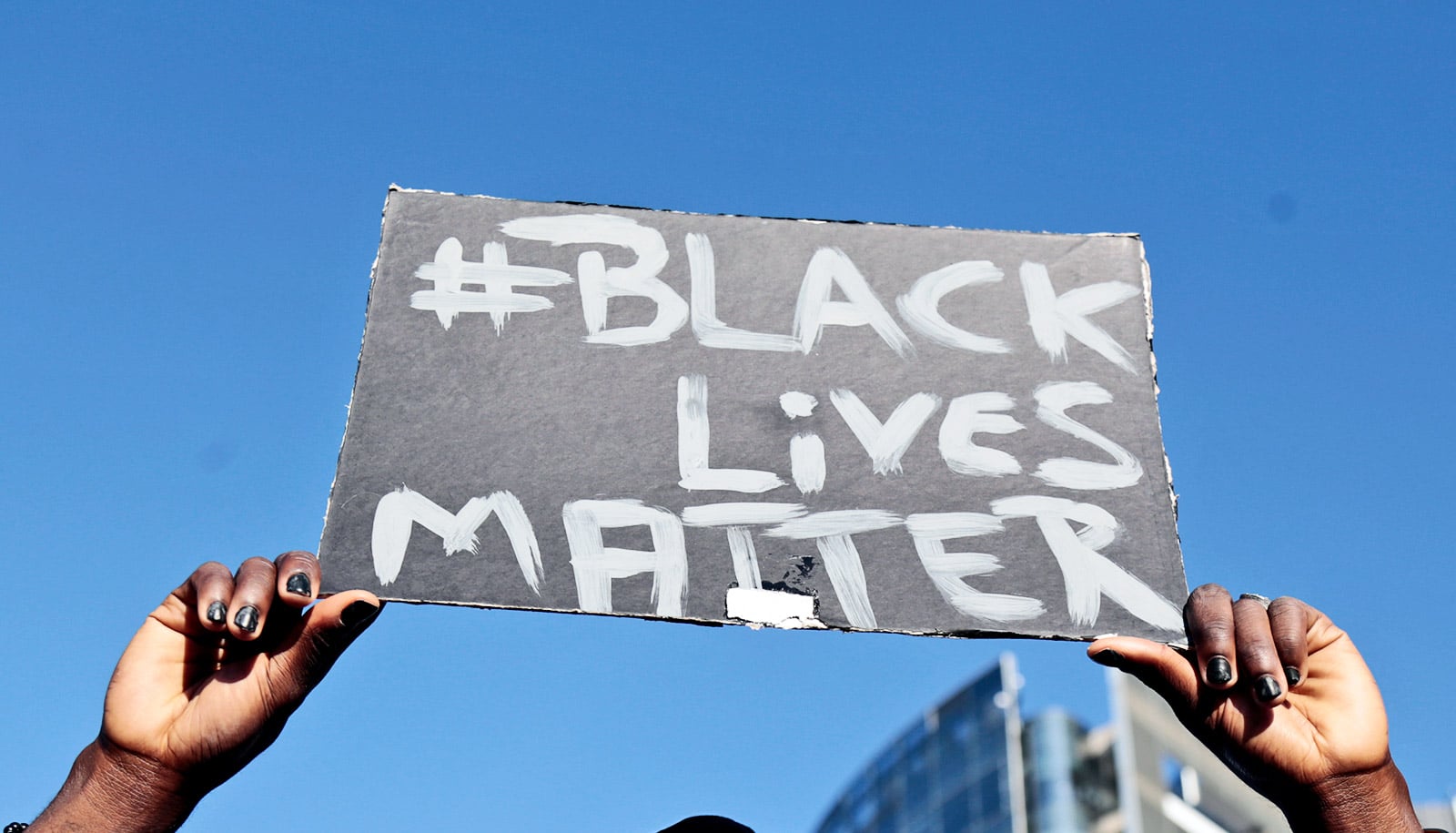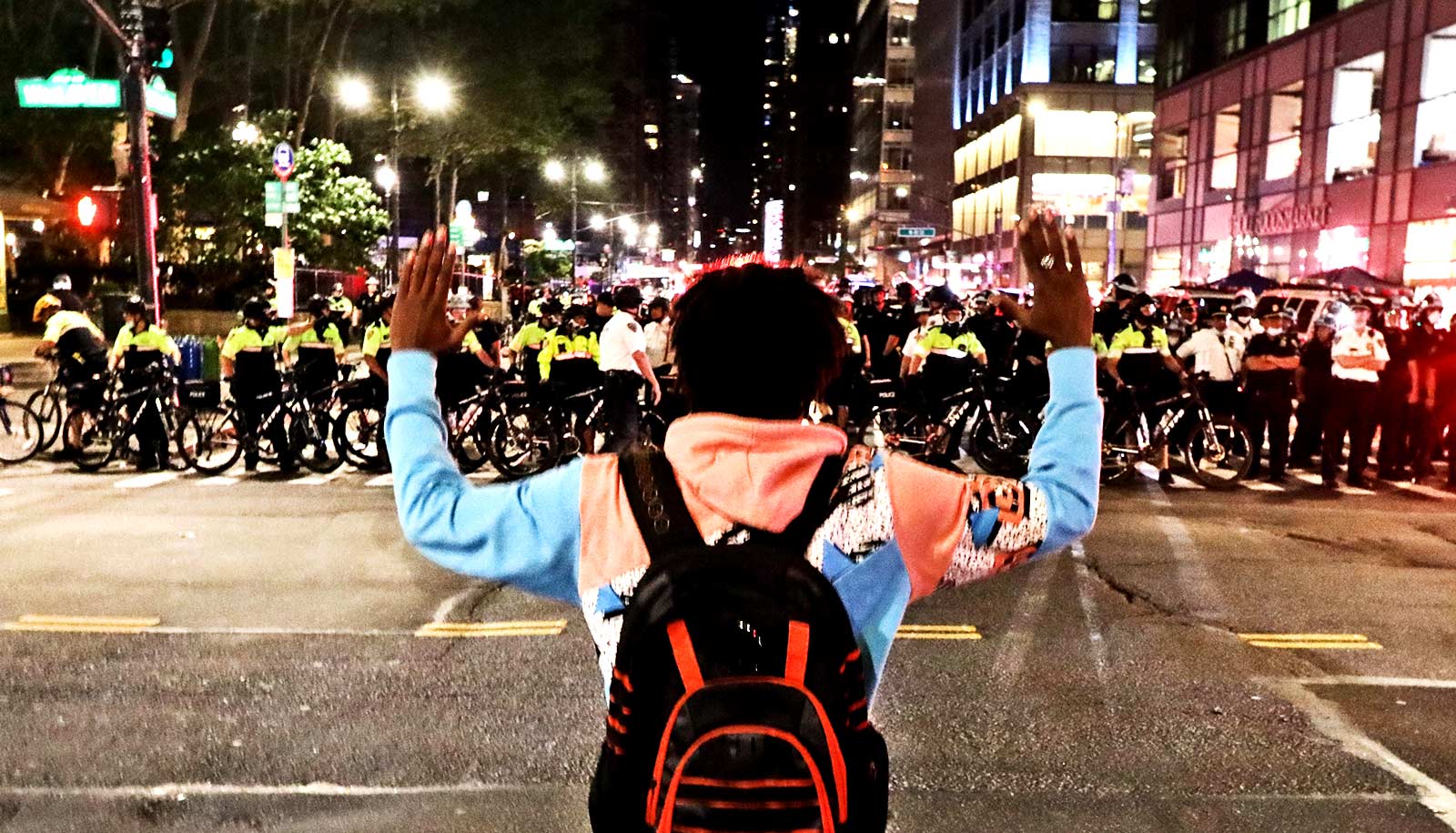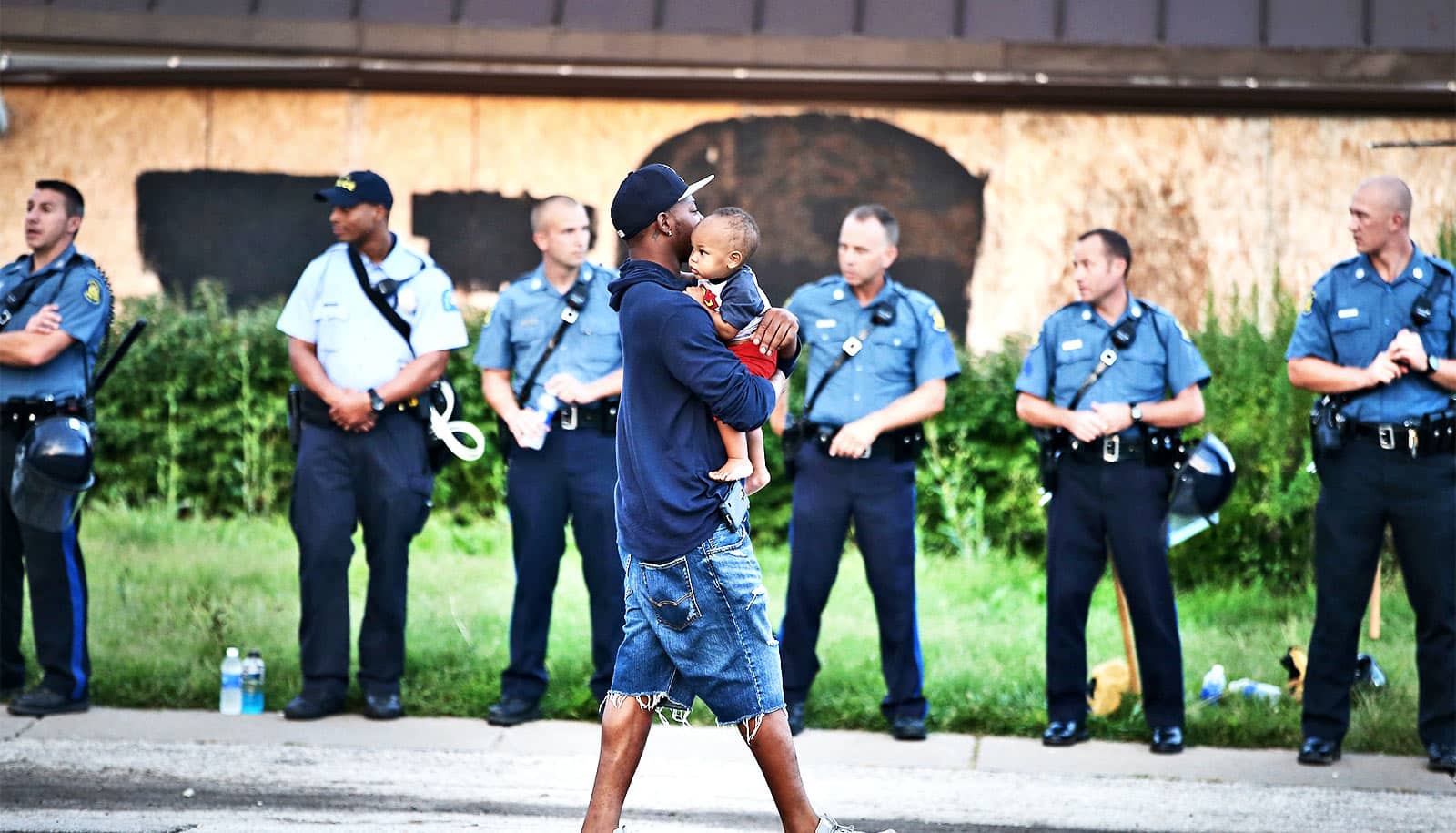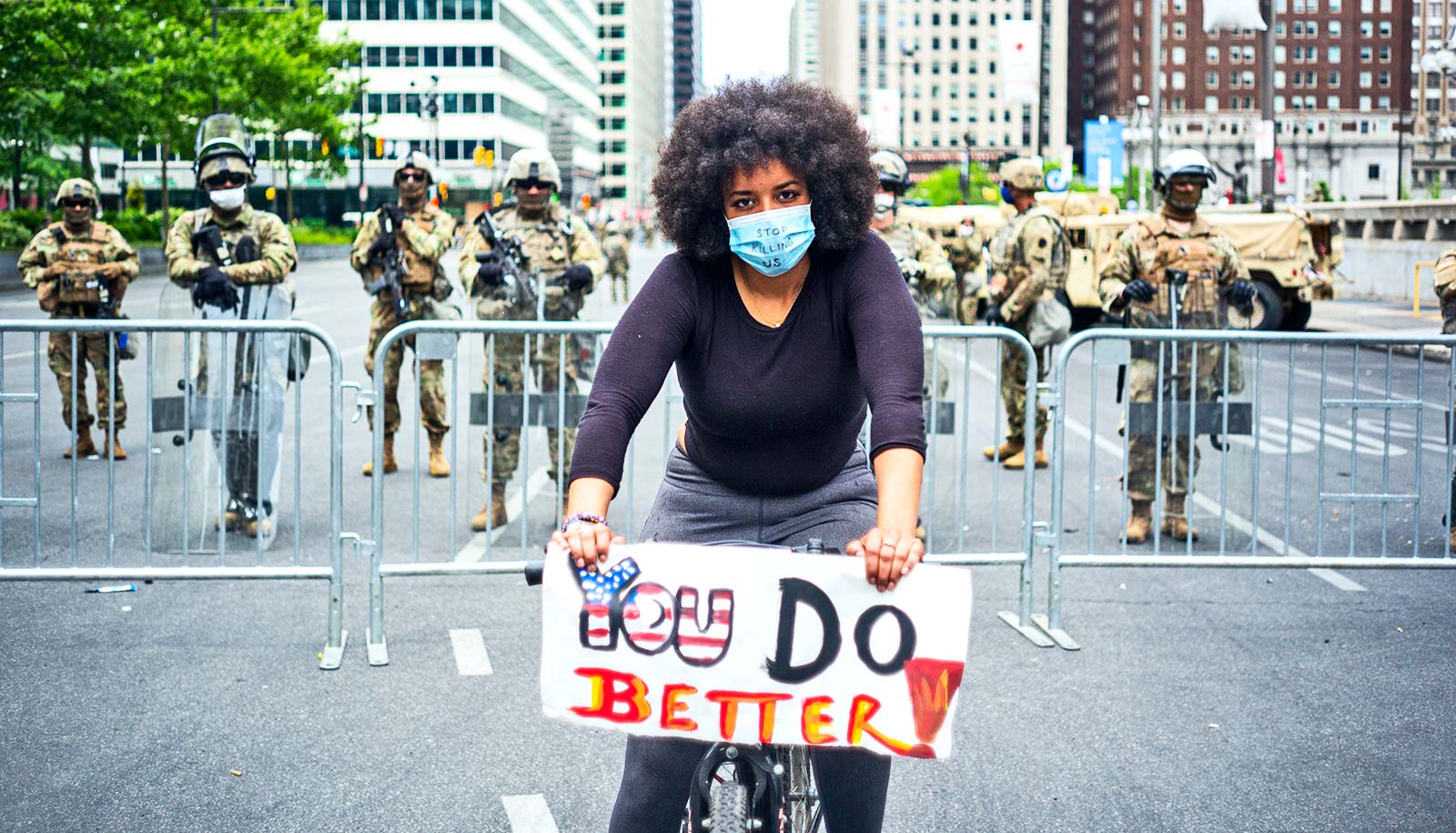A panel of experts say protests against racism and police brutality after the killing of George Floyd and many other Black people at the hands of police are an indication of the challenges ahead, as well as a reason to be hopeful for the future.
“There was a recent study, came out last year, that showed something like 1 in 1,000 Black men will be killed by police over their lifetime, which is just striking,” says Reuben Jonathan Miller, an assistant professor at the University of Chicago’s School of Social Service Administration.
“So death by the hands of police is a leading cause of death for Black men. And then, there are other studies that find that one in two Black women, for example, is connected to somebody who’s currently in jail or prison,” he says.
“And so, if we think about the broader context, on the one hand of police violence and the regularity in which Black boys and men, Black women interact with the criminal justice system, the landscape is haunting,” Miller says.
“[A]s someone who studies young people, I think in terms of generations and generational exposure, so I think we have a generation of young people who have seen up close the limits of electoral politics,” says Cathy Cohen, a professor of political science. Her work focuses on the African American experience in politics. “They’ve seen the election of Black mayors, they’ve seen the election of the first Black president, and they’ve also seen that their lives have not changed.”
“We also have a generation that has witnessed the possibility of protests,” she adds.
“I agree with those who have asserted that a lot of what we’re seeing is symptomatic,” says John Rappaport, an assistant professor of law.
“It’s symptomatic of broader societal failures, governmental failures that don’t appear on the surface to have anything to do with policing or criminal justice, but they’re decades and decades in the making and have brought us to this point where we have a racialized caste system in this country, we have a police force that is tasked with preserving order. A lot of times what that means is preserving the order of that caste system.”
On this podcast episode, the panel examines the role of formerly incarcerated people in the protests, police reform and calls to “defund the police,” and how young people are making them hopeful about the future:
Source: University of Chicago



